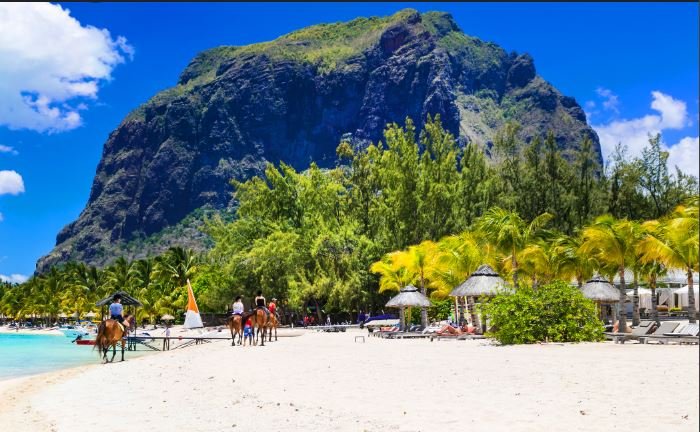Africa boasts breathtaking landscapes, captivating cultures, and a rich tapestry of wildlife. However, the continent’s tourism industry faces several challenges that hinder its full potential. By acknowledging these issues and implementing effective solutions, Africa can unlock a thriving and sustainable tourism sector.

Infrastructure Hurdles: Bridging the Gap for Seamless Travel
Inadequate infrastructure poses a significant hurdle for tourism development in Africa. Many countries lack well-maintained roads, reliable transportation networks, and consistent access to electricity and clean water. This can make it difficult for tourists to navigate the continent and access remote destinations.
Fortunately, solutions are emerging. Several African nations are investing in infrastructure development projects. This includes upgrading transportation networks, building new airports and roads, and improving access to basic amenities. Additionally, public-private partnerships can play a crucial role in financing these infrastructure projects, ensuring their successful completion.
Safety and Security Concerns: Fostering a Safe and Welcoming Environment
Safety and security concerns can deter potential tourists from visiting Africa. While some regions face challenges related to political instability and petty crime, a concerted effort can significantly improve the situation. Governments can invest in training and equipping security forces, while fostering cooperation with neighboring countries to address regional security threats. Furthermore, promoting responsible tourism practices can empower local communities to participate in safeguarding tourists and their belongings.
Limited Marketing and Branding: Showcasing Africa’s Diverse Offerings
Africa’s tourism industry often struggles with limited marketing and branding efforts. Many countries lack a unified strategy to showcase the continent’s diverse offerings. This can lead to a stereotypical perception of Africa, often focusing solely on safaris and wildlife experiences.
Investing in targeted marketing campaigns that highlight the continent’s rich cultural heritage, stunning landscapes, and unique experiences can help attract a wider range of tourists. Social media platforms offer a powerful tool to reach a global audience and showcase the beauty and diversity of Africa. Additionally, collaborating with travel bloggers and influencers can generate positive buzz and encourage potential visitors to explore the continent.
Sustainability Concerns: Protecting Paradise for Future Generations
Tourism, if not managed responsibly, can have a negative impact on the environment and local communities. Overtourism can strain natural resources, lead to habitat loss, and disrupt traditional ways of life.
Sustainable tourism practices are key to addressing these concerns. Conservation efforts coupled with responsible waste management strategies are crucial. Furthermore, supporting locally-owned businesses and initiatives empowers communities and ensures tourism benefits are distributed fairly. By prioritizing sustainability, Africa can ensure its tourism industry thrives in harmony with the environment and local cultures.
Conclusion
The challenges facing Africa’s tourism industry are complex, but not insurmountable. By investing in infrastructure development, addressing safety concerns, and implementing effective marketing strategies, African nations can create a more welcoming and accessible tourism landscape. Furthermore, prioritizing sustainable practices ensures the continent’s natural beauty and cultural heritage are preserved for future generations. Collaboration between governments, local communities, and the private sector is crucial for unlocking the full potential of Africa’s tourism industry. By working together, Africa can transform its tourism sector into a powerful engine for economic growth, cultural exchange, and environmental sustainability.
